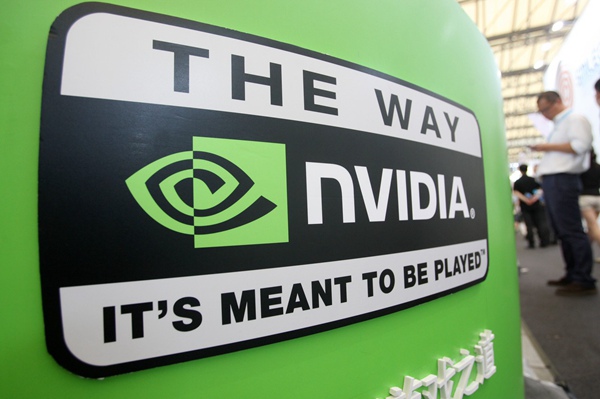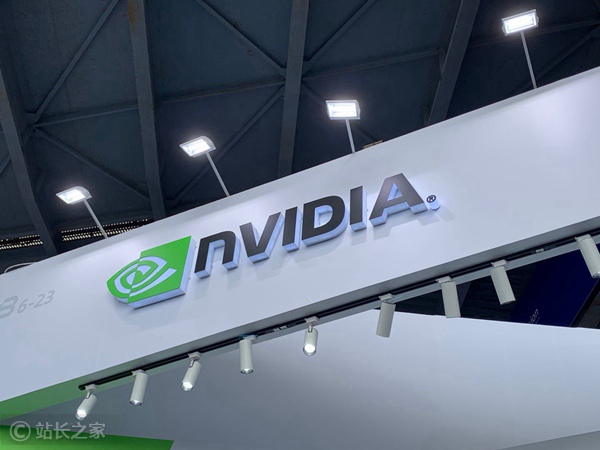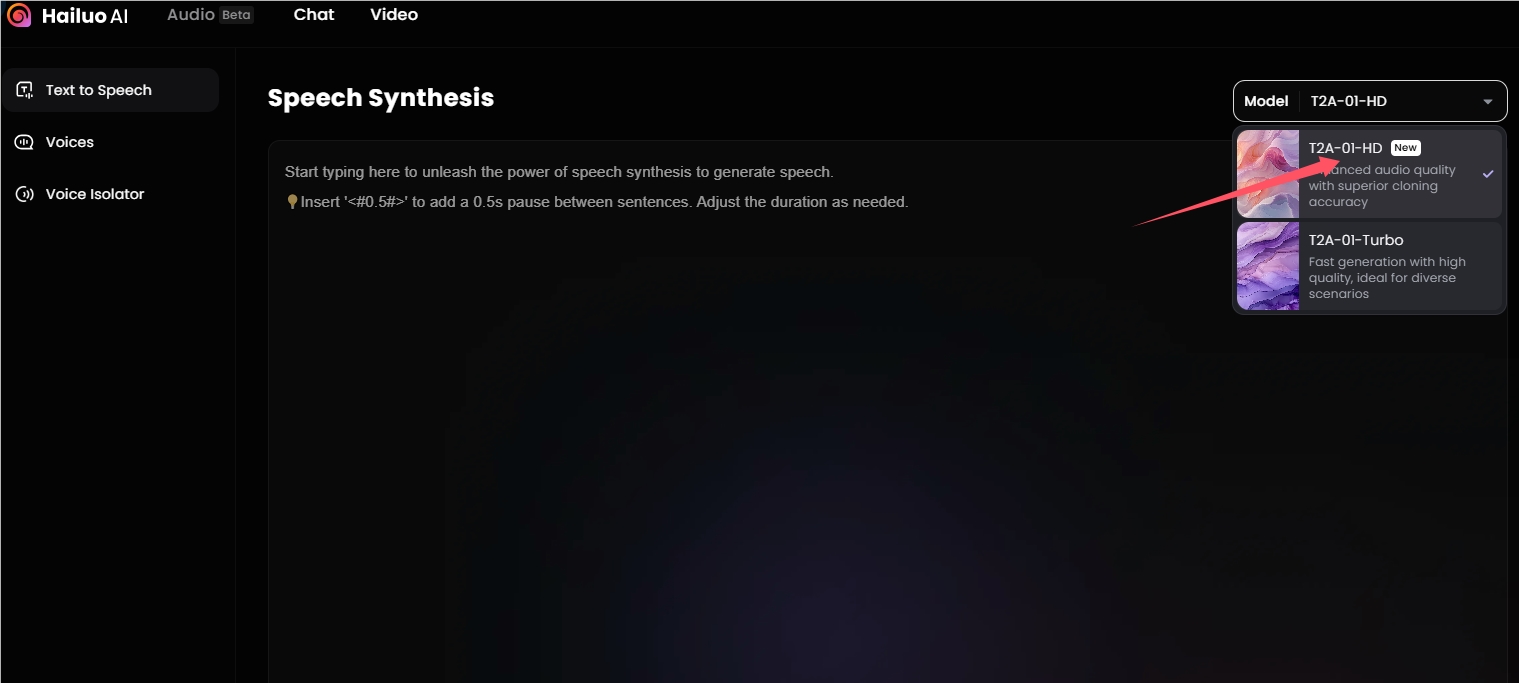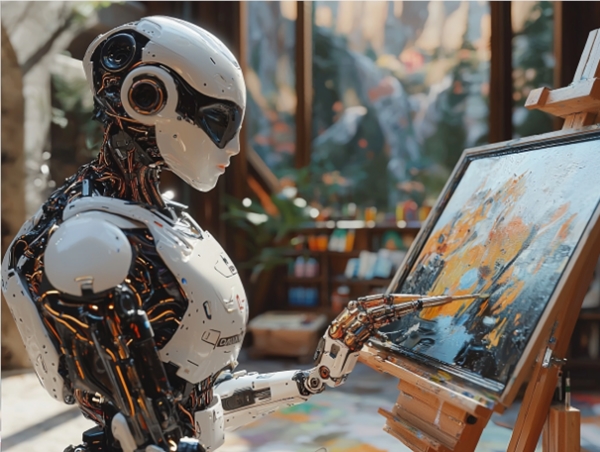Nvidia recently released three new NIM (Nvidia Infrastructure Microservices) microservices as an extension of the NeMo Guardrails open source toolkit, aiming to provide more refined security control capabilities for enterprise AI agent applications.
These three new services have their own characteristics: one is for content security to prevent AI from generating harmful or biased content; the second is to ensure that conversations are limited to approved topics; the third is to prevent AI agents from breaking through system restrictions or jailbreaking. By deploying these lightweight specialized models as security guardrails, developers can close protection gaps that global policies may have.

This move reflects the practical challenges in the implementation of AI. Although Salesforce CEO Marc Benioff has predicted that his platform will have more than 1 billion AI agents in the next year, Deloitte's latest research shows that the pace of enterprise adoption is more cautious: only 25% of enterprises are expected to use AI agents in 2025, and by 2027 This proportion will rise to 50% in 2018.
This data shows that enterprises are cautious about AI agent technology, and the adoption speed is significantly slower than the pace of technological innovation. The security service released by Nvidia this time is intended to reduce the concerns of enterprises using AI agents by strengthening security and controllability.
However, it remains to be seen whether these new tools can effectively accelerate the implementation of enterprise AI.
AI courses are suitable for people who are interested in artificial intelligence technology, including but not limited to students, engineers, data scientists, developers, and professionals in AI technology.
The course content ranges from basic to advanced. Beginners can choose basic courses and gradually go into more complex algorithms and applications.
Learning AI requires a certain mathematical foundation (such as linear algebra, probability theory, calculus, etc.), as well as programming knowledge (Python is the most commonly used programming language).
You will learn the core concepts and technologies in the fields of natural language processing, computer vision, data analysis, and master the use of AI tools and frameworks for practical development.
You can work as a data scientist, machine learning engineer, AI researcher, or apply AI technology to innovate in all walks of life.







